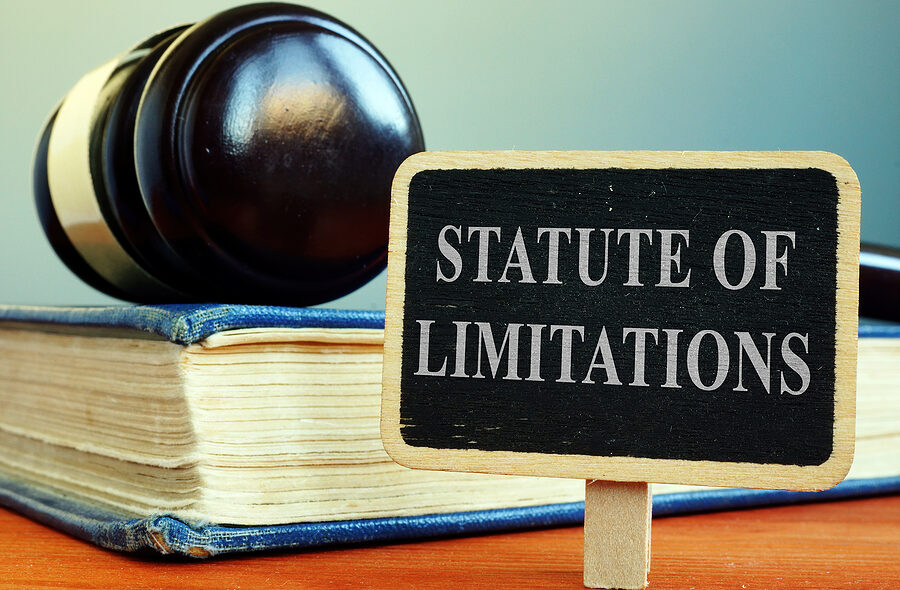Consumers facing debt collection often mistakenly assume that they have no choice but to pay the debt they are facing. This is in large part due to the communications they may be receiving from the debt collector. Debt collectors only receive payment from the original creditor when the consumer pays on the debt owed, which is why they will say and do anything possible to get the consumer to make payment. However, consumers do not always realize that they have the right to dispute a debt.
Successfully disputing a debt can be an intimidating concept, but it is possible to dispute the debt and win so long as the consumer knows what to say and what to ask when communicating with them.







